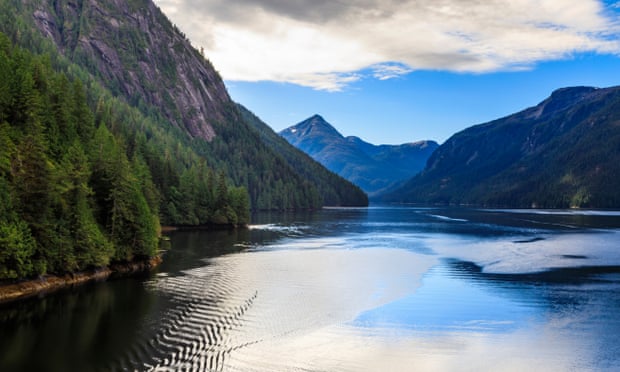SOURCE: The Guardian
DATE: September 24, 2020
SNIP: The Trump administration has announced it will move forward with a plan to roll back regulations protecting millions of acres in America’s largest national forest from logging, sparking an outcry from environmental advocacy organizations, Alaskan tribal nations, and fishermen.
More than half of the Tongass national forest – a 16.7m-acre old-growth temperate rainforest in south-east Alaska – has been protected for the last two decades by the so-called “roadless area conservation rule”, which prohibits development in designated wild areas. The US Forest Service released a final environmental impact statement on Friday which would allow for the Tongass to be exempt from the rule, moving one step closer to ending the protections entirely.
Supporters of the exemption see it as increasing access to federal lands for such things as timber harvests and development of minerals and energy projects. Republican leaders in Alaska have lobbied the federal government to reverse the rule over the last two years. In a Washington Post op-ed published last year, the Republican senator Lisa Murkowski wrote that the regulations were “an unnecessary layer of paralyzing regulation that should never have been applied to Alaska”. Under the former governor Bill Walker, the state asked the federal government to consider the exemption in 2018, and members of Alaska’s congressional delegation last fall supported a draft proposal that listed an exemption as a preferred alternative.
Development could also have a devastating impact on the native people who call the area home. Critics say the move could also adversely affect wildlife, fuel the climate crisis and hurt tourism and recreation opportunities. The sprawling wilderness is also an important source of salmon for the billion-dollar commercial fishing industry.
“This administration has opted to take the road well traveled by continuing to spend tens of millions of dollars every year to expand logging roads for a dying old-growth timber industry,” said Andy Moderow, a director for the Alaska Wilderness League, in a statement. “This is bad for people, bad for a sustainable economy and bad for wildlife.”

